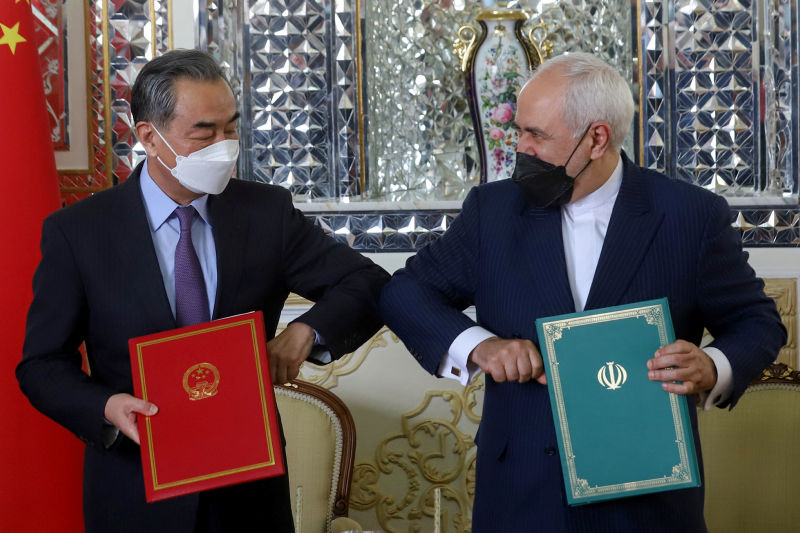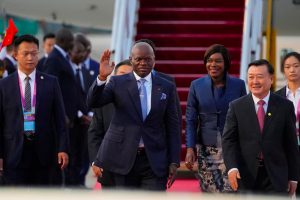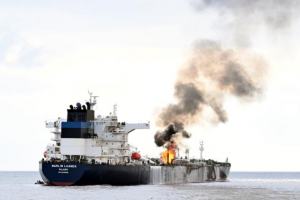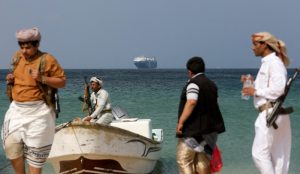Iraq has become the biggest beneficiary of China’s Belt and Road Initiative (BRI), according to data published on Wednesday.
Beijing signed deals totalling $10.5 billion in new construction contracts in Iraq last year, part of its greater engagement towards the Middle East despite a broader downturn in Chinese outbound investment.
Overall BRI finance and investments stabilised in 2021 at $59.5 billion compared with $60.5 billion in 2020.
The findings were shown in a report published on Wednesday by the Green Finance and Development Center at Fudan University in Shanghai.
The Iraq investment was part of a broader shift towards African and Middle Eastern countries, the report said.
Green energy finance and investments in the BRI slightly increased to a new high in 2021 at US$6.3 billion, over $6.2 billion in 2020. Significantly, no coal projects received financing or investments in 2021.
However, BRI oil-related finance and investments expanded to $6.4 billion in 2021 from $1.9 billion in 2020.
During debates about Saudi Aramco’s initial public offering, China expressed interest in becoming a primary investor in the world’s largest company.
Deeper Economic Ties
Beijing has tried to foster deeper economic ties with Iraq, Opec’s second-largest oil producer amid upgraded relations with the region that include free-trade agreements and deeper strategic cooperation.
This month, the secretary general of the Gulf Cooperation Council and foreign ministers from four of its member countries – Saudi Arabia, Kuwait, Oman and Bahrain – visited Wuxi in Jiangsu province.
China relies on the Middle East for most of its energy imports, while Arab states are tapping into Chinese technology and extending trade relations. Middle East nations also see a pivot to Asia in terms of investment.
New deals signed between Chinese and Iraqi groups include the Al-Khairat power plant in Karbala province, airport reconstruction in Nasiriyah and the Mansuriya gasfield near the Iran border.
In December, Iraq signed an agreement with Power Construction Corporation of China and Sinotech to build 1,000 schools, which will be paid for through oil products.
Beijing is also expanding military assistance to Middle Eastern nations at a time of heightened tension between Saudi Arabia and Iran, although China has signed investment and cooperation deals with both nations.
- George Russell
READ MORE:
Belt and Road Lifts Profile of Rail Transport, Study Finds
EU Global Gateway to Rival China’s Belt and Road Scheme
China’s Belt And Road Project ‘Facing Mounting Opposition and Debts’























